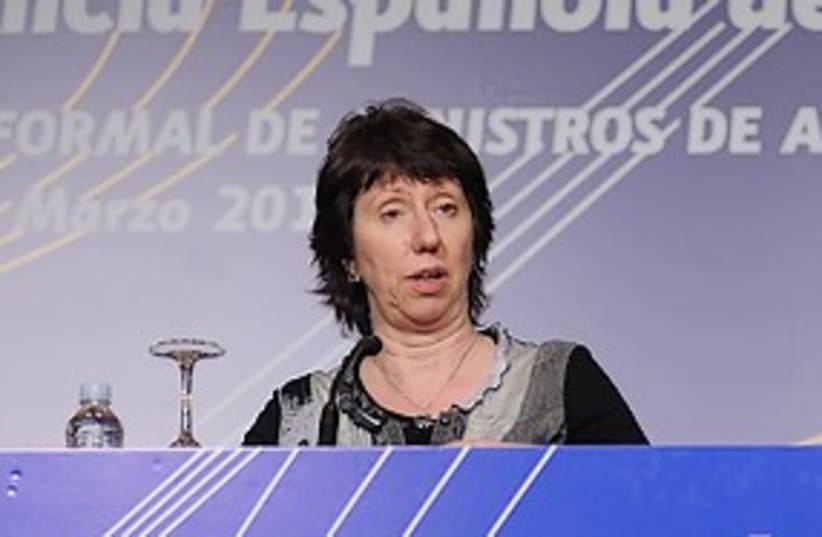Iran's Supreme National Security Council said in a letter to the EU's foreign policy chief that Iran is ready to hold talks "in a place and on a date convenient to both sides," the official news agency reported.
RELATED:US working to revise Iran deal as part of renewed talksAshton, Russia call on Iran to agree to nuclear talks'US, Israel and Iran have approached the end game'
Since the break-off in talks, the United States, EU and the United Nations have stepped up financial sanctions on Teheran. The negotiations between Iran and a group of six nations, including the United States, stalled in October 2009 over a deal meant to ensure Iran could only use its stockpile of enriched uranium for fueling nuclear reactors and not for building bombs.
In Brussels, the EU confirmed it had received the letter, which was sent by the office of top Iranian nuclear negotiator Saeed Jalili. EU foreign affairs chief Catherine Ashton called the offer "a very important" development.
In last year's talks, Iran balked at a U.N.-drafted proposal to send its enriched uranium abroad to be further processed and made into fuel rods that would be returned for use in powering a medical research reactor.
That would have left Iran, at least temporarily, without enough enriched uranium stockpiles to produce a weapon. The fuel rods could not easily be further process to the higher, weapons-grade level of enrichment needed to make the fissile core of warheads.
Iran says its nuclear program is peaceful and has no intention to build a weapon. Seven months after that deal was proposed, Iran said it would be willing to make a similar fuel swap negotiated by Turkey and Brazil, but that failed to satisfy the other world powers, leading to the fourth round of U.N. sanctions.
In Friday's message, Iran referred to an earlier letter that included conditions for restarting talks.
That letter, sent in July, asked the six nations to clarify their position on Israel's nuclear program, which is widely believed to have included the production of a sizable nuclear arsenal. Iran failed in a push in September for the U.N. nuclear agency to censure Israel for shielding its nuclear programs from inspection.
Earlier this week, the Obama administration said the US is working to revise a uranium enrichment deal with Teheran that collapsed last year in order to create a confidence-building step as part of an attempt to reconvene talks.The US is seeking to use leverage from the sanctions imposed this summer by the UN, EU, Congress and others in diplomatic talks with Iran, stalled since the proposed enrichment deal fell apart.
Previously this month, President Mahmoud Ahmadinejad endorsed the idea of new talks but warned they would fail if the West does not clearly come out against Israel's suspected nuclear arsenal.
Hilary Leila Krieger contributed to this report.
